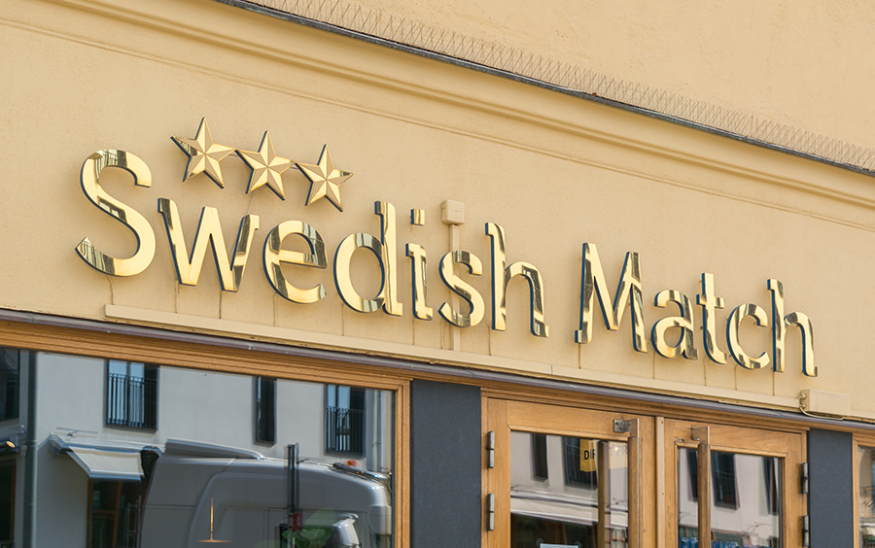
According to AntaraNews on May 20th, major stakeholders in Indonesia's tobacco industry: the Indonesian Cigar Association (GAPPRI), the Indonesian Retailers Association (APRINDO), and the Federation of Indonesian Tobacco, Food, Beverage Trade Union (FSP RTMM-SPSI) are collectively urging the government to separate tobacco-related regulations from the health bill. They believe that the current regulations are too strict and have severely damaged the legal tobacco industry in terms of production and profits.
GAPPRI President Henry Najoan stated that due to excessive regulatory pressure, tobacco tax revenue in 2023 was lower than expected, leading to several years of financial difficulty for the tobacco industry. He also criticized the current proposal, stating that it would have a negative impact on the tobacco industry, as excessive bans and restrictions would force GAPPRI members to close down.
Najioan stated that currently, there are at least 446 regulations controlling and restricting the tobacco industry, including 400 control and regulation regulations, accounting for 89.68%; 41 tobacco tax regulations, accounting for 9.19%; and only 5 regulations controlling economic and welfare issues, accounting for 1.12%. They hope to have more detailed divisions in the sales regulations for traditional tobacco and e-cigarettes.
The president of APRINDO, Roy Nicholas Mandey, stated that while they do acknowledge the need for regulating tobacco consumption from a health perspective, bans and restrictions on the sale of tobacco products need to be thoroughly discussed, as these decisions will impact economic benefits and employment resources.
Sudarto, Chairman of FSP RTMM-SPSI, expressed concerns that the restrictions on tobacco products outlined in the health bill could directly impact the tobacco industry production and potentially lead to unemployment among workers in the industry. He stated that currently approximately 142,688 workers are employed in the tobacco sector, and the health bill could potentially result in the circulation of illegal tobacco products, affecting the economic livelihood of these workers.
The government is currently in the process of drafting regulations derived from Law No. 17/2023 related to health, in the form of regulations concerning the protection of the health RPP of addictive substances.
We welcome news tips, article submissions, interview requests, or comments on this piece.
Please contact us at info@2firsts.com, or reach out to Alan Zhao, CEO of 2Firsts, on LinkedIn
Notice
1. This article is intended solely for professional research purposes related to industry, technology, and policy. Any references to brands or products are made purely for objective description and do not constitute any form of endorsement, recommendation, or promotion by 2Firsts.
2. The use of nicotine-containing products — including, but not limited to, cigarettes, e-cigarettes, nicotine pouchand heated tobacco products — carries significant health risks. Users are responsible for complying with all applicable laws and regulations in their respective jurisdictions.
3. This article is not intended to serve as the basis for any investment decisions or financial advice. 2Firsts assumes no direct or indirect liability for any inaccuracies or errors in the content.
4. Access to this article is strictly prohibited for individuals below the legal age in their jurisdiction.
Copyright
This article is either an original work created by 2Firsts or a reproduction from third-party sources with proper attribution. All copyrights and usage rights belong to 2Firsts or the original content provider. Unauthorized reproduction, distribution, or any other form of unauthorized use by any individual or organization is strictly prohibited. Violators will be held legally accountable.
For copyright-related inquiries, please contact: info@2firsts.com
AI Assistance Disclaimer
This article may have been enhanced using AI tools to improve translation and editorial efficiency. However, due to technical limitations, inaccuracies may occur. Readers are encouraged to refer to the cited sources for the most accurate information.
We welcome any corrections or feedback. Please contact us at: info@2firsts.com







